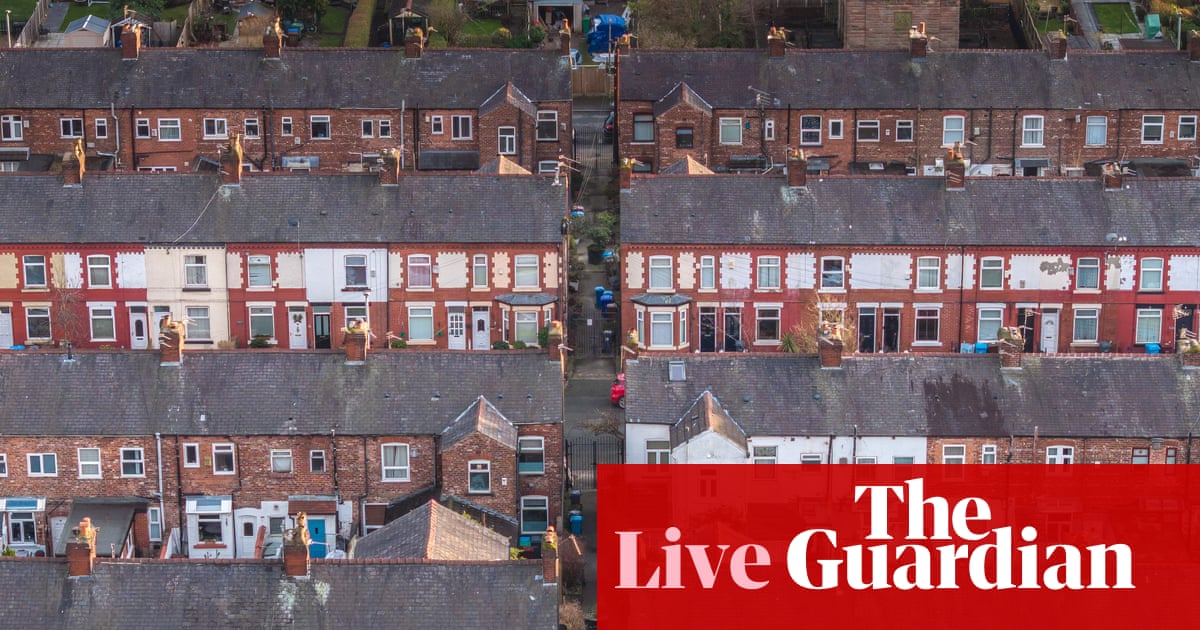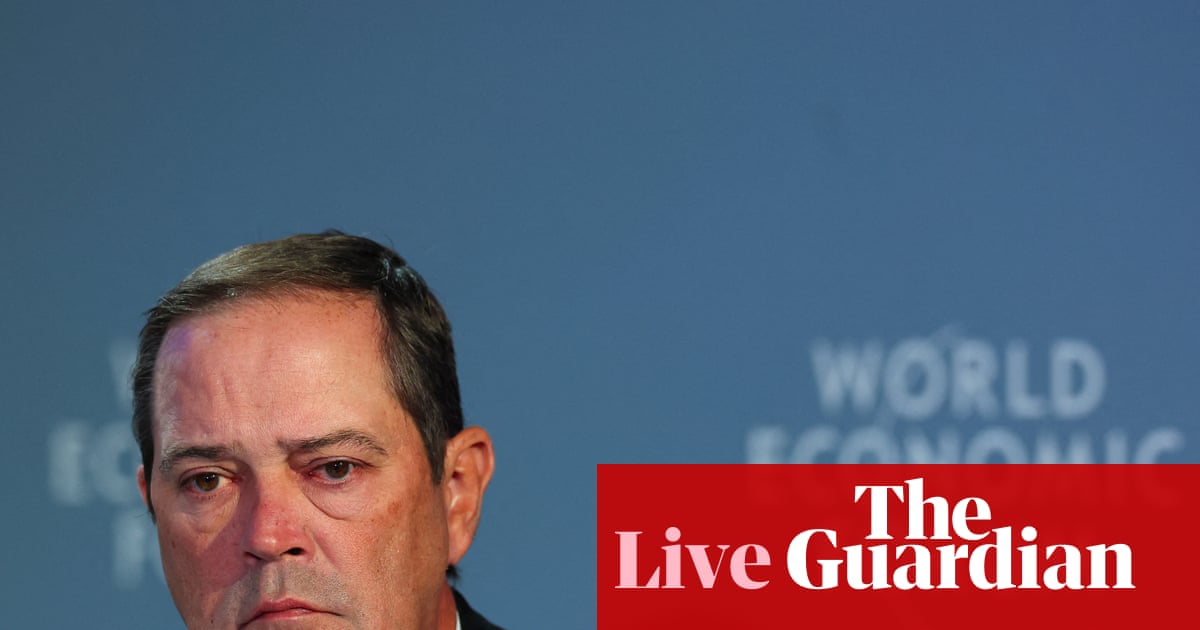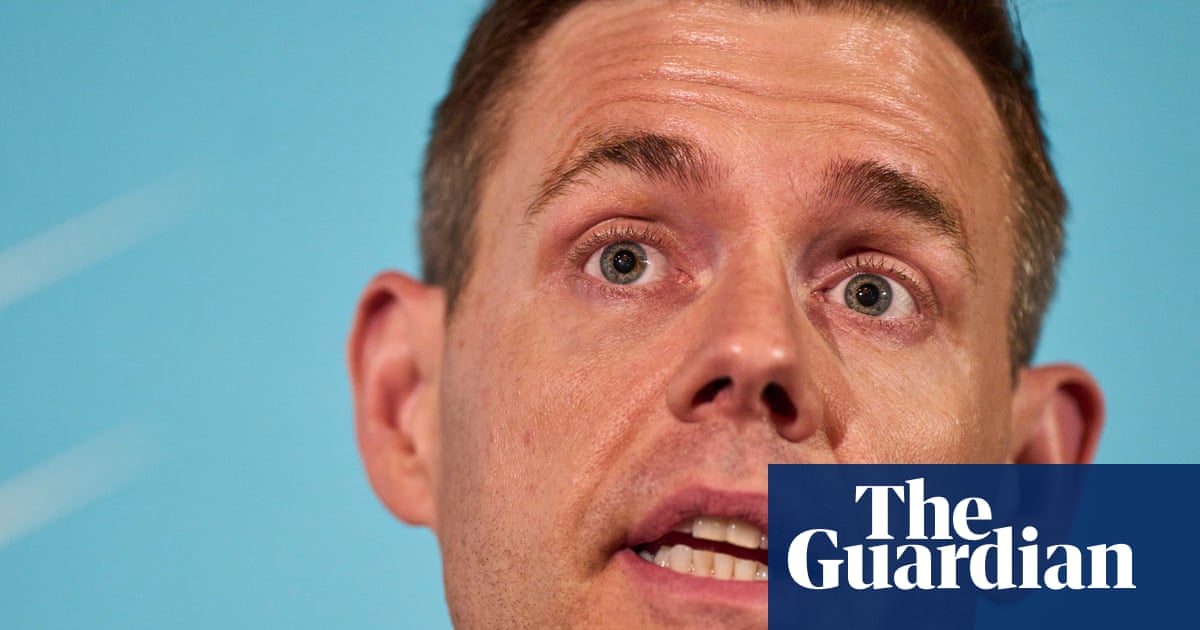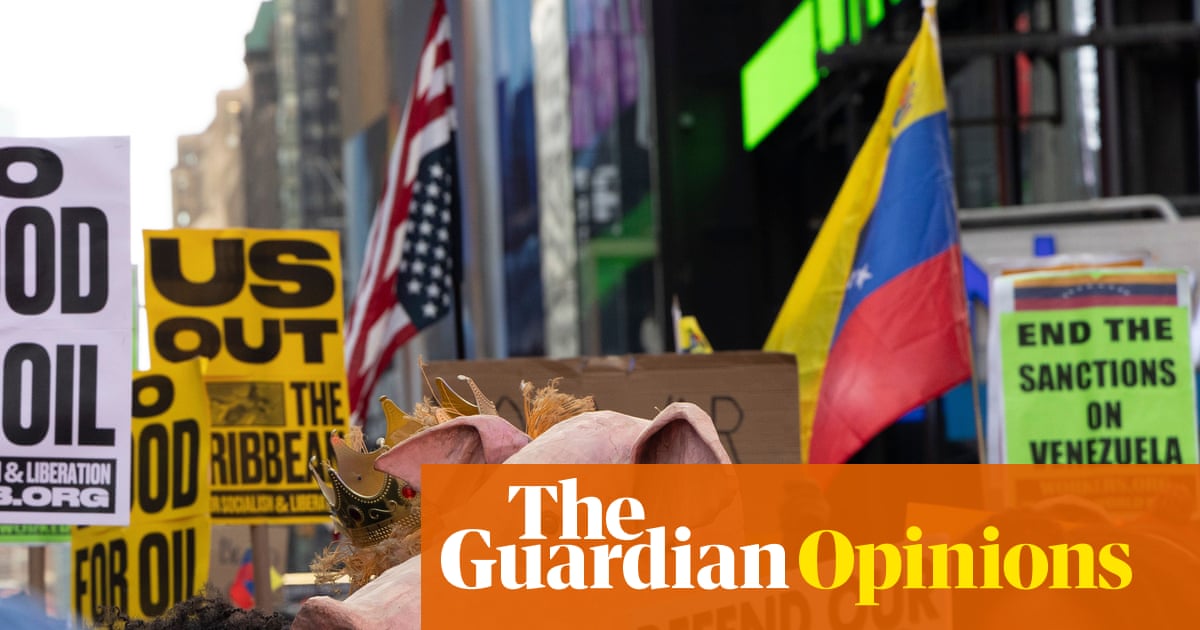The global economy has shown “unexpected resilience” in the face of Donald Trump’s tariffs, but the full impact is yet to be felt, and outlook for growth remains “dim”, the International Monetary Fund (IMF) has warned.
As policymakers gather in Washington for its annual meetings, the IMF has upgraded its forecast for global GDP growth this year to 3.2%, from 3% at its last update in July. Next year’s global forecast is unchanged, at 3.1%.
The forecast for economic growth in the UK has also been modestly increased, from 1.2% to 1.3% this year – though slightly downgraded next year, also to 1.3%.
“To date, more protectionist trade measures have had a limited impact on economic activity and prices,” the IMF said in its latest World Economic Outlook (WEO).
The Fund cited the slow-burn economic impact of Brexit as evidence that the uncertainty unleashed by dramatic policy shifts such as Trump’s tariffs may take time to feed through into investment decisions.
“Business investment continued to grow in the period immediately following the UK’s withdrawal from the EU and started to fall steadily only beginning in 2018,” it said.
It said the tariffs imposed were less extreme than initially feared after Trump’s “liberation day” announcements in April and their impact masked by households and companies bringing forward consumption to beat their introduction.
However, the report pointed to a series of concerns about the global outlook, including the risk to US growth from Washington’s immigration crackdown; “stretched valuations” in stock markets; and the fact the full effects of the tariffs are only now beginning to show.
“Looking past apparent resilience resulting from trade-related distortions in some of the incoming data and whipsawing growth forecasts from wild swings in trade policies, the outlook for the global economy continues to point to dim prospects, both in the short and the long term,” it said.
And it highlights more restrictive immigration policies in a number of countries as cause for concern about future economic growth.
In particular, with Trump bearing down on immigration to the US, the IMF says US GDP could be reduced by 0.3%-0.7% as a result, and inflation in the worst-affected industries could surge.
“Certain sectors of the economy where immigrants form a large portion of the labour force, such as construction, hospitality, personal services, and farm work, could experience stronger inflationary pressures than others,” it said.
Echoing a speech by the IMF managing director, Kristalina Georgieva, last week, the WEO report also warned of the risks of a “correction,” in share prices – and a downturn investment – if markets reassess the likely gains from generative AI.
Highlighting the fact that investors have been surprisingly unmoved by recent policy turmoil, the IMF pointed to “stretched valuations”.
after newsletter promotion
It added that if share prices drop, “the decline in aggregate investment could be rather sharp, given that investment in datacentres and AI was a significant contributor to investment growth recently.”
Responding to the improved forecast for UK growth this year, the chancellor, Rachel Reeves, said, “This is the second consecutive upgrade to this year’s growth forecast from the IMF. It’s no surprise, Britain led the G7 in growth in the first half of this year, and average disposable income is up £800 since the election.”
Over the year as a whole, the IMF expects the UK to be the second fastest-growing economy in the G7, behind the US, with GDP growth of 2%.
However, it said inflation is likely to rise to the highest in the G7 in 2025 and 2026. It expects UK inflation to average 3.4% in 2025, increasing from its previous prediction of 3.2%.
UK inflation is expected to slow slightly to 2.5% next year, above the IMF’s 2.3% prediction made earlier this year.
As well as underlining the risks to global growth, the WEO highlighted the challenges faced by the world’s poorest countries in the face of deep cuts to overseas aid, including by the UK.
Aid accounts for a significant share of national income in the most vulnerable countries in the Middle East and Africa, it said, and as well as affecting public services such as health and education, diminishing financial support may“heighten geopolitical instability, migration pressures, and security risks in fragile regions”.

 3 months ago
62
3 months ago
62

















































